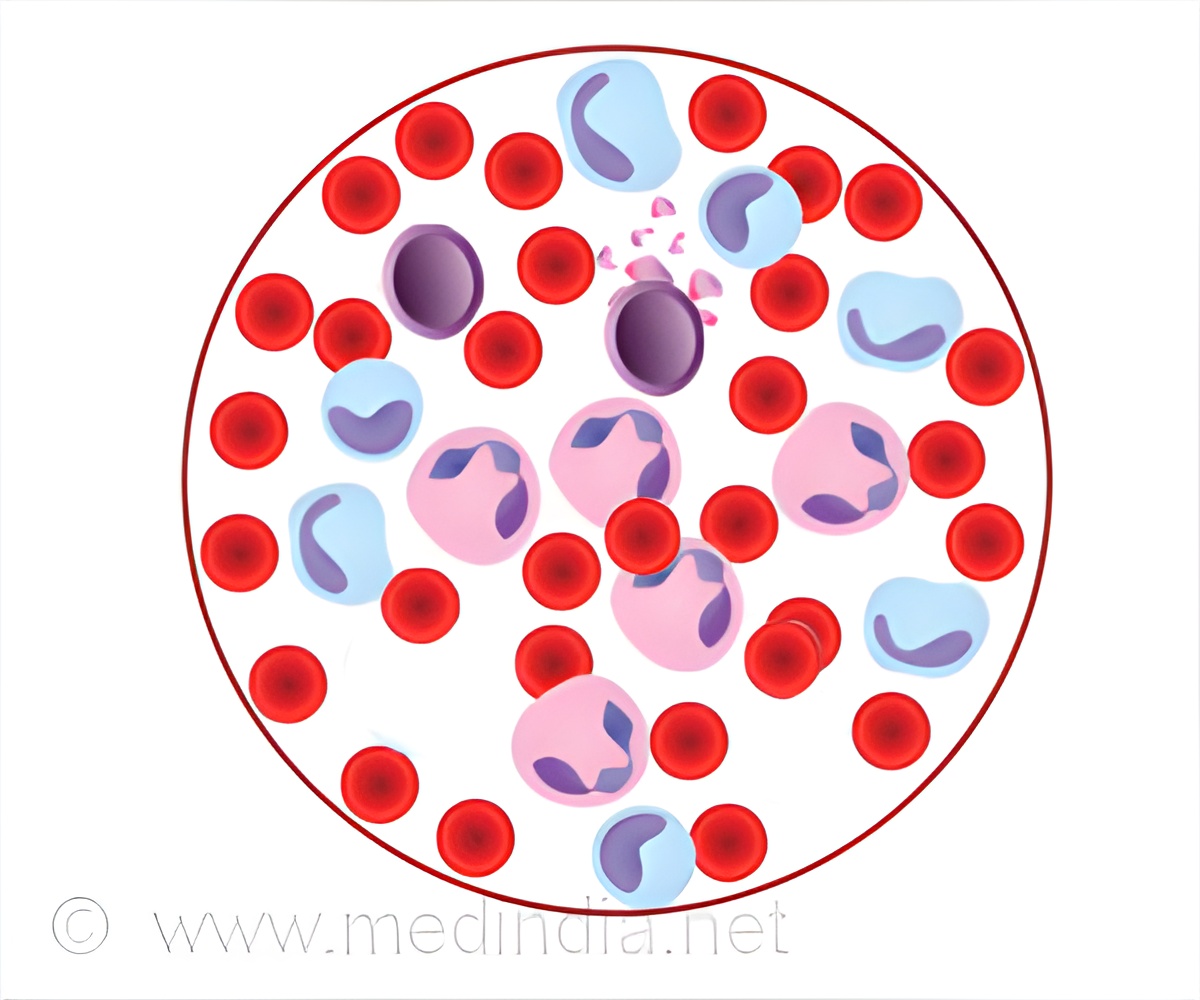ENL is required for disease maintenance in acute myeloid leukemia (AML).

Research results, which build upon a previous MD Anderson study of histone-reading proteins, are published in the online issue of Nature. The findings indicated treatment against ENL with a class of experimental drugs called bromodomain and extra-terminal (BET) inhibitors may be effective for treating AML.
"Our study showed that ENL is required for disease maintenance in AML," said Xiaobing Shi, associate professor of Epigenetics and Molecular Carcinogenesis. "Depletion of ENL led to anti-leukemic effects, suppressing growth both in vivo and in vitro. Notably, disrupting ENL further sensitized leukemia cells to BET inhibitors."
Histone modifications like acetylation serve as docking sites for reader proteins which recognize specific modifications, influencing downstream biological outcomes. While many such reader proteins have been identified for histone modifications called methylation, few are known to recognize histone acetylation.
Shi's team employed CRISPR, a gene-editing tool, to deplete ENL and suppress cancer gene expression, which was crucial given that cancer cells often co-opt chromatin regulatory pathways.
"Targeting epigenetic readers represents a class of anti-cancer therapy that we believe holds clinical promise," said Hong Wen, research assistant professor of Epigenetics and Molecular Carcinogenesis and co-first author of the paper. "Our study revealed ENL as a chromatin reader that regulates oncogenic programs, thus establishing ENL as a potential drug target for AML."
Advertisement














